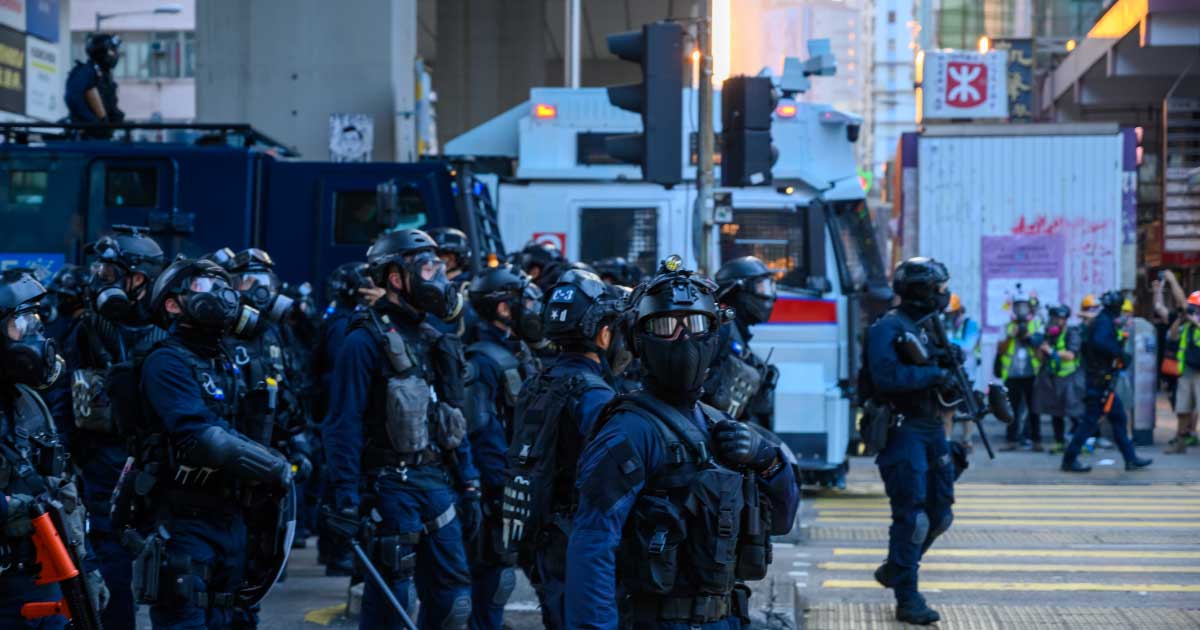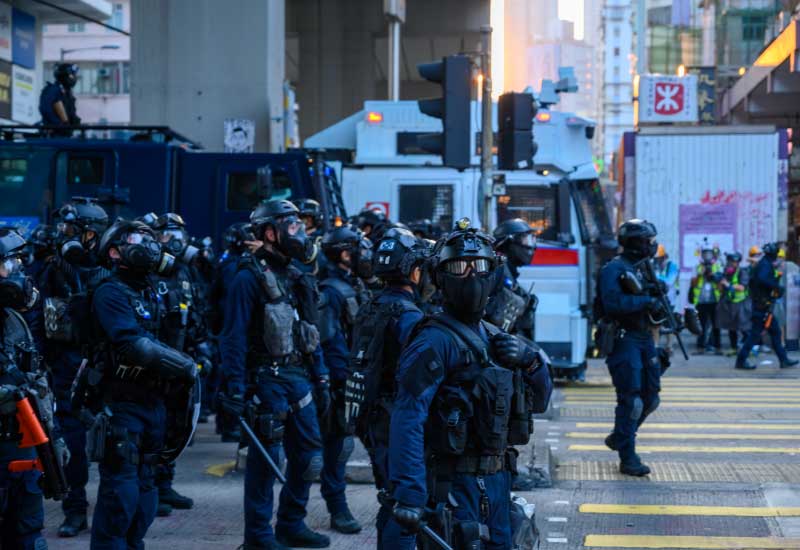October 14, 2025
Worried about civil unrest abroad? Learn how to stay safe and what your travel insurance really covers.

As we map out our next escape, we eagerly hunt for bargains and dream of indulgent meals. What we seldom imagine are the barricades, the chants, or the sudden shift from tourist to bystander in a political storm.
The reality is this: civil unrest is not confined to any one region or culture. We have seen it unfold in the form of protests in Indonesia, strikes in France, and mass demonstrations in Hong Kong. These events serve as a stark reminder that political instability can surface anywhere, often without warning.
For travellers, it is not just a minor disruption. It can affect:

Civil unrest generally refers to large-scale protests, strikes, or riots that disrupt normal life. While locals may know how to navigate it, tourists often get blindsided. For travellers, this can mean:
In short: you may not be involved, but you can still get caught in the chaos.
Before you zip up that luggage, take a moment to check if your trip is still a good idea. Here is a simple checklist:
1. Check official advisories
Visit the official websites of:
These sources provide up-to-date alerts on political unrest, natural disasters, health risks, and more.
2. Follow the news
Keep an eye on:
This helps you catch early signs of unrest or disruptions that may not yet appear in official advisories.
3. Use travel safety apps
Download apps that provide real-time safety alerts and location-based updates, such as:
These tools can help you avoid hotspots and stay informed on the go.
4. Register with the embassy
Malaysians can register their overseas travel with Wisma Putra’s e-Consular system. This allows the embassy to contact or assist you in case of emergencies like natural disasters, civil unrest, or evacuation.
5. Review Your Travel Insurance
Make sure your travel insurance:
If unsure, contact your insurer to clarify what is covered.
Flights
If your airline cancels or significantly changes your flight, you are entitled to a full refund, even if your ticket is non-refundable.
If flights are operating but you personally decide not to go, most airlines will only offer a credit voucher or free rescheduling.
Hotels & Stays
Many hotels have flexible cancellation policies if unrest affects their area. If not, request to reschedule instead of a cancellation, which they are more likely to allow.
Tours & Tickets
Local operators may consider unrest a force majeure (uncontrollable event). Refunds are not guaranteed, but it is worth negotiating for partial credit or rescheduling.

Short answer: It depends on your plan and when you bought it.
When It Is Covered
Travel insurance may cover trip cancellation due to riots or civil unrest if:
In this case, you may be reimbursed for non-refundable travel and accommodation costs.
When It is Not Covered
You are not covered if:
Some insurance may offer ‘Cancel for Any Reason (CFAR)’ add-ons. These could be your safest bet. They allow you to claim 50–75% of costs, and you need to buy this additional coverage in advance and within a set timeframe after booking your trip.
Pro tip: Before you purchase your travel insurance, ask the insurance company if the plan you are buying covers protests break out at your destination. Get the answer in writing if possible.

Not all unrest makes a country completely unsafe. For instance, during the civil unrest in Indonesia, larger cities like Jakarta and Surabaya may face demonstrations and disruptions.
However, other parts of Indonesia especially tourist destinations like Bali, Lombok, or Batam could still be open for tourists.
If you choose to travel anyway, keep these safety tips in mind:
Civil unrest does not mean you should stop travelling. It simply means you need to be better prepared. Always:
Whether it is Indonesia in August, or other country next month, staying informed of known events help you travel with peace of mind.
A little awareness today can save you from stress, financial loss, and ruined holidays tomorrow.